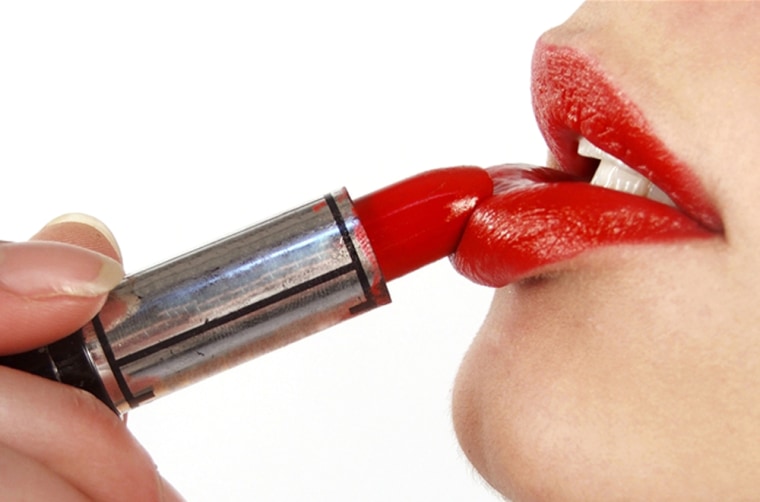When the economy goes sour, women stock up on products that can enhance their looks, a new study shows.
The reason is that women, consciously or not, are seeking to make themselves more attractive to the dwindling supply of men with good jobs, researchers say.
And in a bad economy, this suggests that companies selling beauty-enhancing products such as lipstick and designer jeans ought to hype the notion that with them you’re more likely to land a man, says study co-author Sarah E. Hill, an assistant professor of psychology at Texas Christian University.
“We may not consciously think we’re buying them to make ourselves more desirable to men,” Hill says. “But our lizard brains go after these things even when we think we’re too smart to be lured in by manipulative advertising claims like, ‘these jeans will help get you a man.’”
Hill and her colleagues got the idea to look at beauty enhancing products after she read an article describing the surprising success of Mary Kay, Inc., back in 2010 – a time when the rest of the economy was tanking.
To see if the so-called lipstick-effect was broader than just one company, Hill and her colleagues examined 20 years of data scrutinizing the relationship between unemployment rates and sales of products that could be used to increase attractiveness, such as cosmetics, perfumes, and designer clothes.
“I was expecting to find sales of these products to at best be flat when unemployment was high,” she says. “That would have been interesting enough. But when we found that people were actually spending more during times of high unemployment, I thought that was fascinating.”
Data on sales of makeup, skin care, and fragrances in department stores echo the trend seen by Hill, with an increase in sales when unemployment was becoming bigger and bigger news. Sales rose 9 percent between 2009 and 2010 and another 11 percent between 2010 and 2011, according to The NPD Group, a market research company.
Next, the researchers ran a series of experiments to see if fears of high unemployment would affect the buying habits of men and women. In one, they asked 154 college students to read either an article on architecture or one on the economy, which was a modified version of a Wall Street Journal story that had originally been headlined “Worst Economic Crisis since the ‘30s With No End in Sight.”
Related:Do you make $30,000 a year or less? We want to hear from you.
The student volunteers were then asked to indicate their level of desire to purchase six products. Half the products – form-fitting jeans, form-fitting black dress (or polo-shirts for men), lipstick (or men’s facial cream) were chosen because they could be used to enhance physical appearance. In contrast, the other half were products such as, a wireless computer mouse, a stapler, and headphones.
Sure enough, women who read the story about the tanking economy were more likely to want to purchase beauty-enhancing products than women who read about architecture. Interestingly, choice of reading matter made no difference to the men.
Hill suspects the lipstick effect only impacts women because men in our culture don’t care whether their mates make a lot of money.
“There’s no impetus for men to make themselves more physically attractive to potential mates,” she says.
What Hill would like to know – and that may be the subject of a future study – is whether men who do have good jobs will be looking for ways to advertise that fact to women they want to date.
“Perhaps if they have a good job in a recession they might do things to advertise that, such as wearing a flashy wristwatch or buying a fancy car.”
